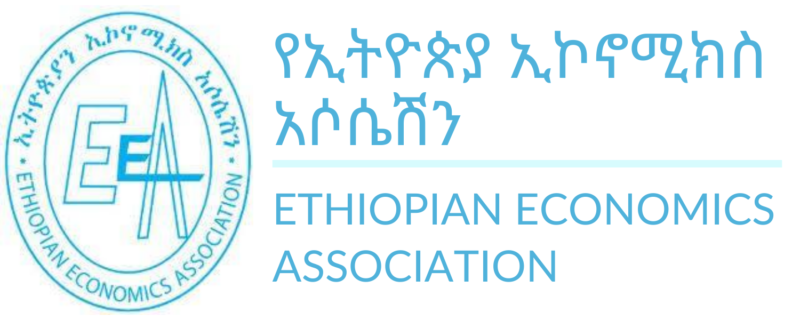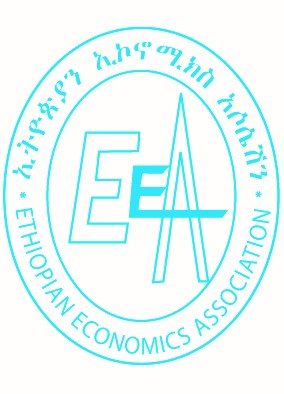Abstract
Digital finance has emerged as one of the most promising tools for closing the gender gap in financial inclusion in recent years. As the vanguard of digital finance, digital payment can be an important on-ramp to the use of other financial products and services by ameliorating obstacles such as cost, distance barriers, and information asymmetry. Using 2018/19 Ethiopian socio-economic survey data, this paper investigates whether there is a gender gap in the use of financial services in Ethiopia and the role that digital payment services can play to narrow this gap, if any. The paper had three key findings: First, women are less likely to have an account at a formal financial institution, to save formally, and to use mobile and/or internet banking than men. Second, mobile and/or internet banking usage may promote the likelihood of saving formally at the individual level. This paper yields further evidence as to why the gender gap in financial inclusion might persist in Ethiopia. The fact that women have a lower income, are less likely to be employed, and are more likely to live in smaller and relatively less developed Ethiopian regional states explains why they are less likely to use mobile and/or internet banking than men. This suggests that gendered socio-economic disadvantages that created a gap in the use of traditional financial services still matter in the use of digital payment services. Therefore, policies aimed at tackling weak demand-side digital paymentservice usage drivers may further empower women by improving their financial inclusion.
Keywords: Keywords: Gender gap; Labor force; Wage gap; Employment; Ethiopia


